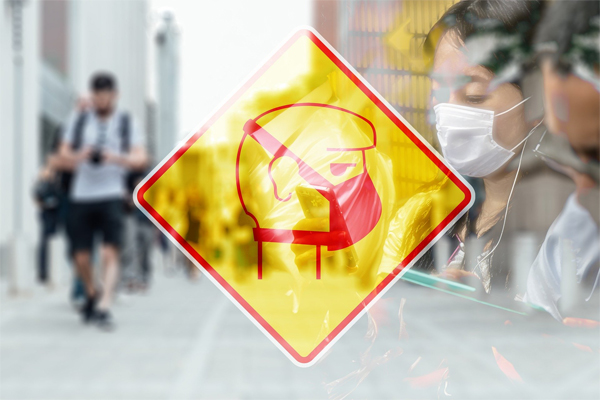The Coronavirus continues to test corporate leadership around the globe. So far, the epidemic has dented supply chains of large organisations, delayed projects around the world, and forced millions to work from home – not just in Asia, but across other continents like Europe, in countries like Italy, Spain and the UK. Thanks to guidelines and resources from organisations like Community Business and WHO, leaders have been able to take measures to ensure the long-term safety and health of their employees (as reported). However, pay is proving to be a trickier area for employers.
According to Korn Ferry’s latest survey of Chinese companies, where the tragic and business effects have been the strongest, 1 in 4 firms have said they would make ‘special’ salary adjustments in response to the Coronavirus epidemic. Another 36% said they are considering performance target adjustments. Outside China, experts say the “effect has been much lower, but can’t predict how areas such as incentive pay – read bonuses – will play out”, adds the global consultancy.
IMPACT ON PAY
Michael Distefano, President of the Asia Pacific region for Korn Ferry, says he expects the impact to be more regional and culturally based. “Some organisations in Asia will shift to a team-based approach to rewards, essentially spreading out any pay or incentive pullbacks,” explains Distefano. “There’s a lot of discussion around how to manage performance targets going forward. Firms in other parts of the world, meanwhile, will keep to more individualistic plans. The important thing to remember is that one size doesn’t fit all.”

Many multinationals are treating the outbreak in the same way they would any downturn in business, or even a mild recession, according to Bob Wesselkamper, Korn Ferry’s Vice Chairman of Global Rewards and Benefits practice. “There may be layoffs or hiring freezes, but usually not regular salary cuts. Large companies, of course, have long compensation-related policies that account for business disruptions. The continuation of pay is what organisations are prepared to do,” says Wesselkamper.
‘WAIT AND SEE’ APPROACH
What will make organisations think about changing pay “would be things like a predicted decline in earnings, material changes in consumer spending, even a monetary policy shift”, notes Wesselkamper. For now, it’s mostly a wait-and-see approach.
“Firms haven’t, for the most part, changed metrics on stock-based plans or sales or growth incentives either,” he adds. “They’re waiting until at least the second quarter to even review, let alone make a change.”

As with any crisis, of course, the virus is testing corporate leadership across the board. “Following the September 11 attacks, strong leaders were able to create a sense of shared purpose and community, even if the tragedy hurt the organisations in the short term,” says Wesselkamper.
However, some of the biggest leadership challenges will come after the outbreak subsides. Distefano believes leaders and workers both must plan their strategies, talent and compensation now for this post-crisis stage. “The greater the recovery, the quicker people can come back,” he adds.







































